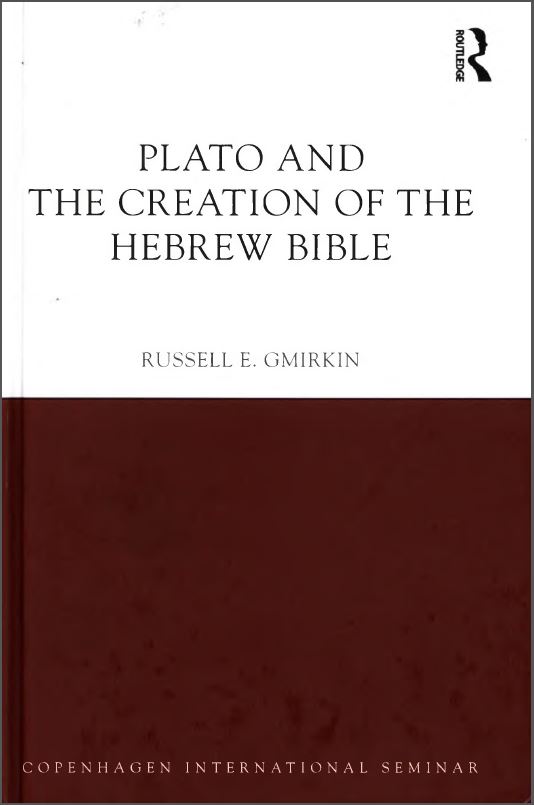 This post covers just one small set of details addressed by Russell Gmirkin in Plato and the Creation of the Hebrew Bible, legal proceedings. I am keen to get to the next chapter where laws themselves are compared, but to take the question of “Biblical” links with the Greek world as distinct from the Near Eastern culture in its entirety I need to pause and grasp the particulars of each argument. I try to present as much information as necessary for each of us to come to our own conclusions — or questions.
This post covers just one small set of details addressed by Russell Gmirkin in Plato and the Creation of the Hebrew Bible, legal proceedings. I am keen to get to the next chapter where laws themselves are compared, but to take the question of “Biblical” links with the Greek world as distinct from the Near Eastern culture in its entirety I need to pause and grasp the particulars of each argument. I try to present as much information as necessary for each of us to come to our own conclusions — or questions.
This second chapter of Gmirkin’s book, “Athenian and Pentateuchal Legal Institutions”, is not for light recreational reading. It is a serious text packed with detail. Gmirkin’s approach is to set out paragraphs detailing various Greek practices and institutions, each within its historical context, followed by packed paragraphs of comparable data found the Bible. Without some graphic aids like multiple numbered subheadings or tables it is not always easy to connect the details of Greek practices (sometimes Athenian, sometimes non-Athenian) with those in different parts of the Bible (sometimes, but not always, the Pentateuch, and if the Pentateuch then sometimes with differences found in Deuteronomy.) And then there are the copious end-notes that frequently clarify and support the main text.
As a result I find myself having to take out pen and paper and set out the details in a table form to appreciate the strengths and weaknesses of the case being made. And having gone to that trouble it seems only natural that I should tidy up those tables and share them here.
We are talking here about “the judiciary”. Judges, juries, court hearings.
Relatively little direct comparison and contrast is made with Near Eastern legal processes and institutions. My conclusion is that while some aspects in the biblical judicial systems no doubt overlap with Near Eastern ways, Gmirkin’s point is to show that the biblical processes strongly match Greek ones as well, or perhaps even more completely.
Here is the table setting out some (not all) of Gmirkin’s comparisons, stripped of many details for sake of simplicity:
Continue reading “Similarities between Biblical and Greek Judicial Systems”
